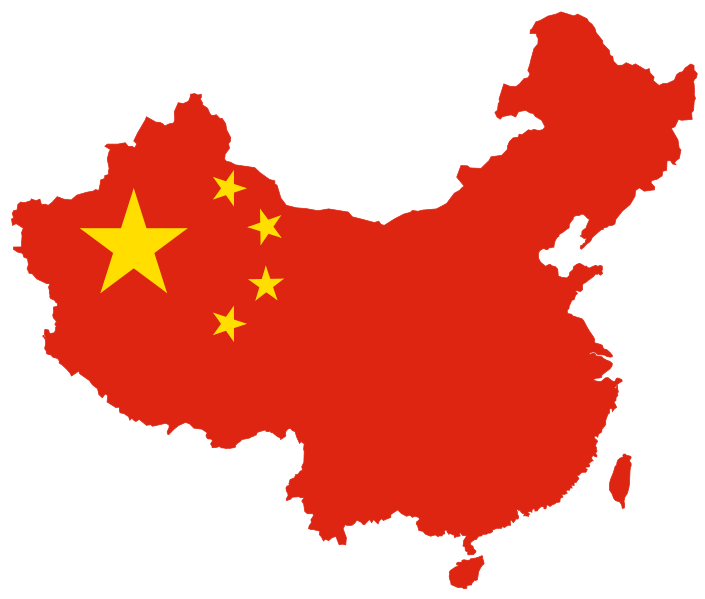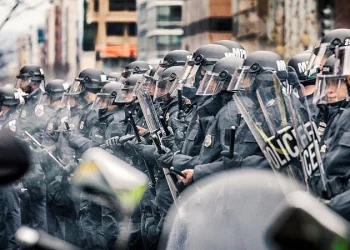China recently reported record-high COVID-19 infections. The nation has imposed localized lockdowns, mass testing, and restrictions to curb the spread of the virus, which is harming both the economy and society.
With the latest round of Covid waves hitting China, officials have tightened restrictions in 3 central areas: Guangzhou, Beijing, and many parts of China.
With an increase in the number of cases of Covid in mainland China, it’s becoming harder for the government to achieve zero-Covid without reverting to a harsh lockdown, said Chief China Economist Larry Hu from Macquarie to CNBC.
The number of daily cases in the last few days climbed to around or more than 28,000. The last time Shanghai saw only a few cases was in June.
China is sticking by its signature policy of zero-COVID, the president’s campaign to eradicate the virus from the mainland. China believes it needs to prevent a medical system from being overwhelmed by outbreaking diseases and save lives.
China has had the difficult task of figuring out how to reign in the spread of Covid while still keeping the virus under control.

According to Nomura estimates on Monday, 412 million people in mainland China were affected by lockdown measures. This figure increased from 310 million that was registered the previous week.
Chinese officials implemented many lockdowns or control measures in recent days. It’s believed that Chongqing, the southwestern municipality of China, is experiencing the most severe local lockdown according to the observation of numerous mobility metrics. Covid controls in Beijing tightened a lot recently due to this.
Authorities announced new security and safety measures for businesses, ordering more restaurants to suspend in-store dining, shopping malls to close down, and large parks to close
Chinese authorities also requested that apartment complexes be locked down, increasing alertness.
The time for China to reverse the course of its current economic disaster has passed. It’s highly unlikely that it will achieve zero Covid again without a strict lockdown, which would effectively be another Shanghai-style firm lockdown.
Larry Hu, Chief China Economist of Macquarie, points out that government policy and propaganda have subtly changed this month. Authorities are trying to prepare for reopening within six to nine months. But he also says that the process of achieving this is set to involve a lot of to and fro.
Several weeks have gone by, and now many speculations are becoming a reality. China’s economy has been struggling with the zero-Covid policy, which understandably didn’t give it much room to grow for many years
That’s why Shanghai’s performance was so poor for most of the year—its GDP only increased by 3% in the first three quarters of this year.
20% of China’s economy has been heavily affected by Covid controls, which is close to the high that was recorded in mid-April during Shanghai’s lockdown.
This is a tough time for China where the authorities will need to be proactive but also find a way to revive the economy of the country.














